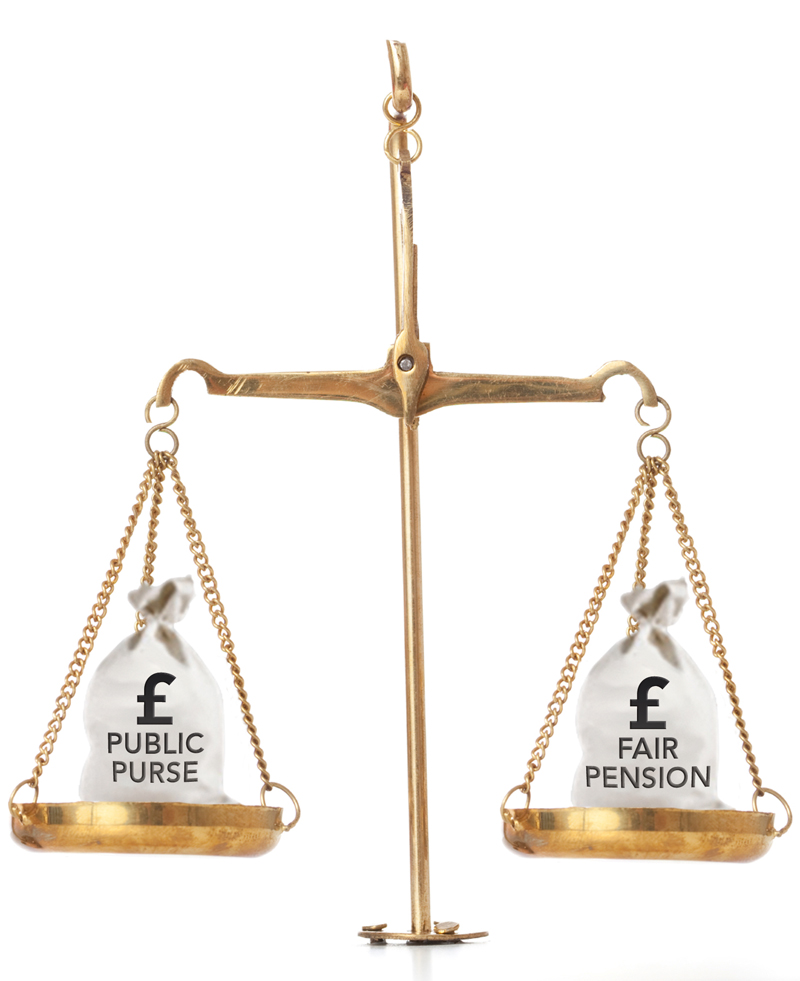
Can the cost of correcting discrimination be too high, asks Alex Fox
The High Court has ruled that Iain Cockburn, the widower of a Warwickshire GP, is not entitled to receive a survivor’s pension at the same rate as he would have done were he a widow in the same position. The decision, made in July, was based on the high cost of correcting this discrimination; the court felt that avoiding such cost amounted to an objective and reasonable justification for not eliminating the discrimination.
Cockburn was supported in bringing this test case by the British Medical Association, which has campaigned on this issue for many years. An application for permission to appeal is pending.
Background
Cockburn is the widower of a former GP and member of the NHS pension scheme. Dr Cockburn joined the pension scheme in 1982 and remained a member (making contributions at the same rate as male members of the scheme) until she retired on the grounds of ill health in 2007. She died shortly afterwards.
As








